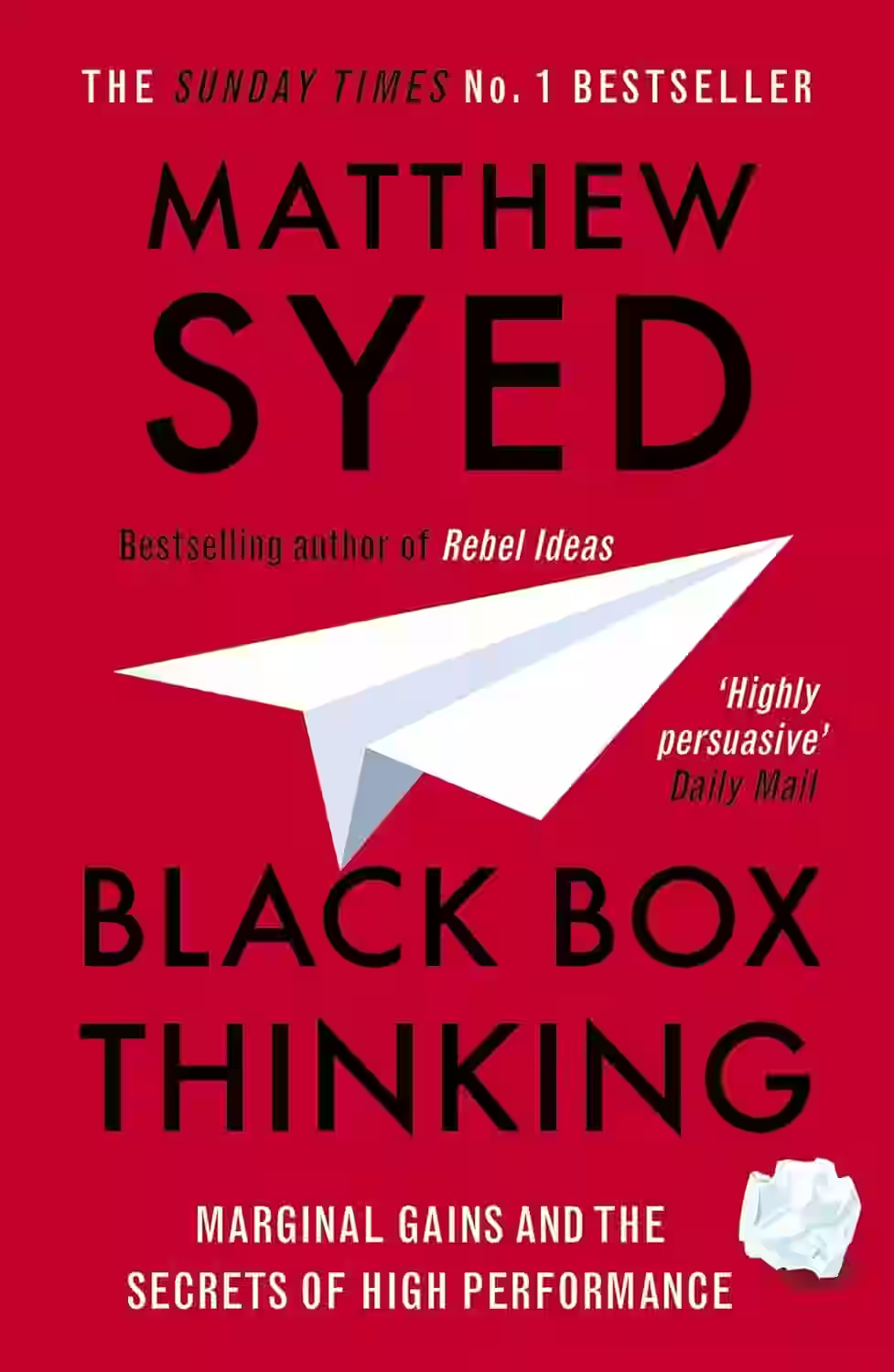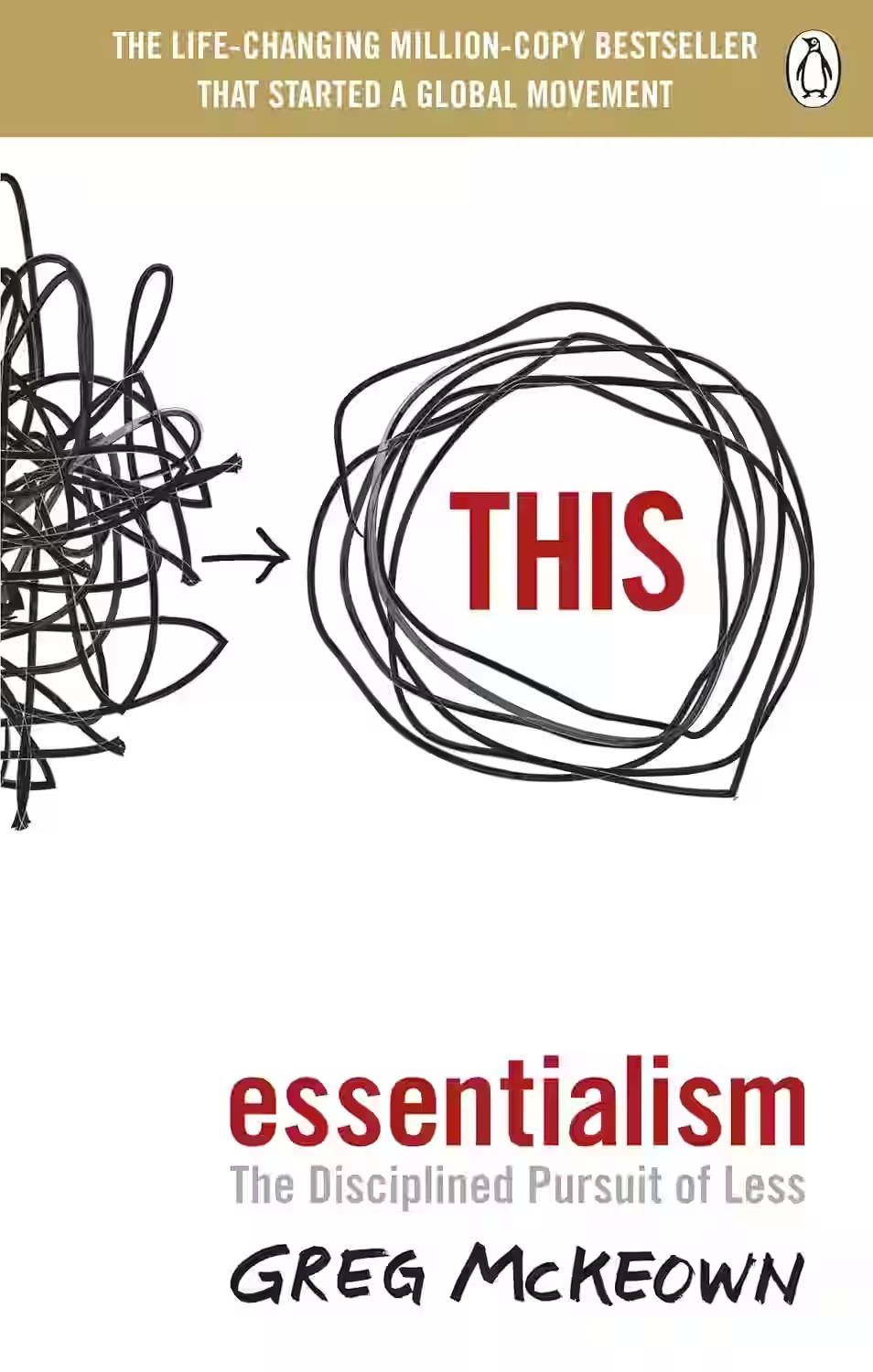
In 'Black Box Thinking', Matthew Syed delves into the intriguing concept of learning from failure by drawing parallels between high-stakes industries like aviation and healthcare with everyday scenarios. Syed emphasizes the importance of embracing mistakes, fostering a growth mindset, and creating a culture where failures are seen as opportunities for improvement rather than something to be hidden or ignored. With compelling real-life examples and thorough research, he challenges the reader to reevaluate their approach to failure and encourages a shift towards a more open and adaptive mindset. This thought-provoking book provides valuable insights that can be applied across various aspects of life and work.
About Matthew Syed
Matthew Syed is a British author and journalist known for his insightful works on psychology, performance, and success. A former table tennis Olympian, Syed brings a unique perspective to his writings, blending personal experience with scientific research. His book 'Bounce: The Myth of Talent and the Power of Practice' explores the concept of deliberate practice and its role in achieving excellence. Another notable work, 'Black Box Thinking: Why Some People Never Learn from Their Mistakes - But Some Do,' delves into the importance of learning from failures. Syed's impactful writing has resonated with readers worldwide, inspiring them to strive for continuous improvement and growth.
Similar Books

Your Money or Your Life
by Vicki Robin
In 'Your Money or Your Life' by Vicki Robin, readers are taken on a transformative journey towards financial independence and mindful living. The book challenges conventional beliefs about money, encouraging readers to reassess their relationship with finances and prioritize what truly matters in life. Through practical advice and thought-provoking exercises, Robin presents a step-by-step guide to achieving financial freedom and aligning spending habits with personal values. This seminal work resonates with readers due to its timeless wisdom and empowering message, making it a must-read for anyone seeking to gain control over their finances and live a more fulfilling life.

Pre-Suasion: A Revolutionary Way to Influence and Persuade
In 'Pre-Suasion: A Revolutionary Way to Influence and Persuade,' Robert B. Cialdini delves into the art of effective persuasion by emphasizing the importance of priming audiences before delivering a message. He explores how setting the stage through strategic actions and cues can significantly impact the receptiveness of individuals to subsequent information. Backed by research and real-world examples, Cialdini provides valuable insights into the psychology behind successful communication and influence. This book not only offers practical strategies for marketers, leaders, and communicators but also challenges readers to rethink their preconceptions about persuasion. With a blend of engaging storytelling and scientific evidence, 'Pre-Suasion' is a must-read for anyone interested in mastering the art of persuasion.

Essentialism: The Disciplined Pursuit of Less
by Greg McKeown
Essentialism is a manifesto for simplicity in an increasingly busy world. Greg McKeown advocates for doing less, but better—focusing only on what is truly important. He challenges the idea that we must do everything and instead teaches readers how to identify their highest priorities, eliminate non-essential tasks, and reclaim control of their time and energy. With practical tips and clear frameworks, the book empowers readers to make deliberate choices, say no more often, and live with intention. Essentialism is about creating space for what really matters—professionally and personally—by embracing the power of focus and clarity.

Rational Ritual
Rational Ritual explores how rituals—from presidential inaugurations to sports events—create common knowledge, a shared awareness that everyone knows everyone knows. Chwe, a game theorist, argues that these shared experiences are vital for coordination in society. By applying game theory to cultural rituals, he sheds light on why such practices persist and how they help societies function. The book offers unique insights into advertising, politics, and social networks. Zuckerberg recommended Rational Ritual for its relevance to online platforms, where creating and managing shared experiences is key. It’s an intellectually stimulating read for anyone interested in the intersection of culture and logic.